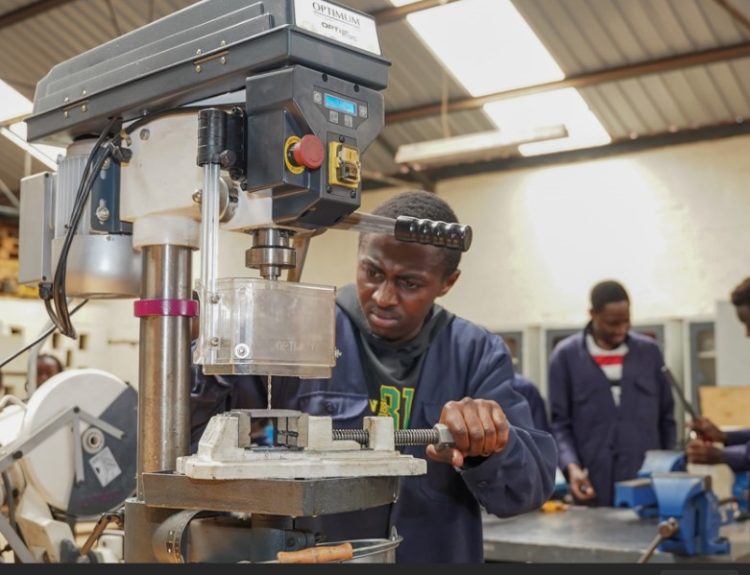The future of consumer behavior is not just reactive—it is predictive. Artificial intelligence (AI) is rapidly transforming how brands understand, anticipate, and engage their clientele. In luxury markets, where exclusivity and foresight are paramount, AI has the potential to anticipate desires before the consumer is even aware of them. This shift is redefining the rules of engagement, turning intuition-based marketing into a science of precision.
At the heart of this transformation is data. Every interaction a consumer has with a brand—whether a purchase, social media engagement, or even browsing pattern—creates a digital footprint. Advanced AI algorithms analyze these footprints across millions of touchpoints, identifying subtle patterns and preferences. Over time, these insights can forecast the products, experiences, or services that are likely to resonate with an individual long before they consciously consider them.
Machine learning enhances this predictive capability by continuously refining its models based on new information. For luxury brands, this means AI can detect shifts in taste, mood, or aspiration almost instantaneously. A client browsing artisanal watches today may be influenced to desire bespoke travel experiences tomorrow—AI can spot these correlations and help brands craft offers with uncanny timing.
Beyond individual prediction, AI can identify macro trends at extraordinary speed. By processing global data streams—fashion releases, social sentiment, economic indicators, and even climate patterns—brands gain foresight into emerging desires across demographics and regions. This predictive insight enables companies to design products, experiences, and campaigns that feel both timely and revolutionary.
One of the most profound applications of predictive AI is personalization at scale. Luxury consumers expect experiences tailored to their identity and lifestyle. AI allows brands to create deeply personalized offers, curated content, and even exclusive, one-off experiences. When a product launch or event aligns perfectly with a consumer’s latent desires, engagement transcends the transactional—it becomes aspirational, emotional, and transformative.
The psychology behind this is compelling. Humans are drawn to experiences that feel intuitive and serendipitous. When brands anticipate needs before consumers articulate them, it generates a sense of being understood and valued. This predictive intimacy fosters loyalty, enhances brand prestige, and positions companies as thought leaders in lifestyle innovation.
Predictive AI also empowers brands to optimize inventory and operations. Understanding what customers will want before they even know it allows companies to produce limited-run collections, allocate resources efficiently, and minimize waste. For the luxury sector, this translates to exclusivity, sustainability, and profitability—all pillars of modern prestige.
Ethics, however, cannot be overlooked. Predicting desires involves collecting and analyzing massive amounts of personal data. Responsible brands must balance innovation with privacy, transparency, and consent. The most successful applications of AI anticipate without exploiting, creating experiences that respect client autonomy while delivering unmatched relevance.
AI-driven predictive analytics is transforming marketing strategies from reactive campaigns to proactive engagement. Brands no longer wait for trends to emerge; they shape them. This subtle power allows companies to become arbiters of desire, guiding consumer tastes and setting new standards in exclusivity and influence.
Integration of AI into the luxury experience also extends to creative collaboration. Designers, marketers, and strategists can leverage AI insights to co-create products and experiences that align with future consumer aspirations. This blend of human artistry and machine intelligence produces offerings that are both innovative and emotionally resonant.
As technology evolves, predictive AI will increasingly anticipate desires at a micro level—knowing not only what a consumer might want, but when, where, and how to present it. For high-net-worth individuals accustomed to immediacy and perfection, this means luxury brands can deliver moments that feel intuitive, almost magical, cementing brand loyalty and elevating prestige.
Ultimately, the power of AI lies not merely in forecasting trends but in shaping experiences that feel effortless, exclusive, and deeply personal. By predicting consumer desires before they exist, brands can move from satisfying expectations to creating aspirations. In doing so, they redefine luxury as an art of foresight, transforming consumption into an elevated dialogue between brand and client—one that anticipates, delights, and inspires.



